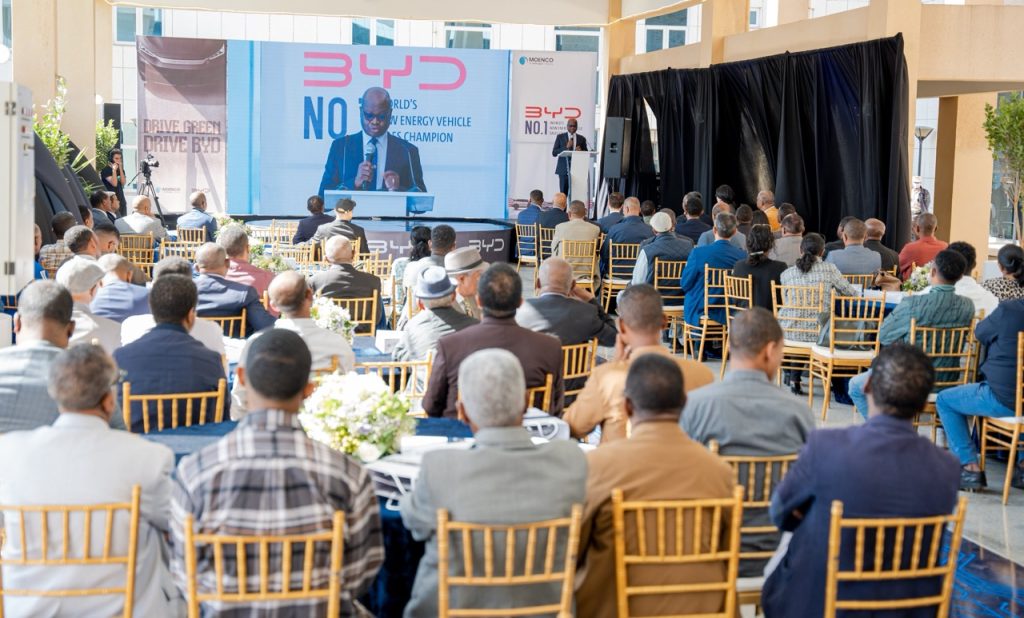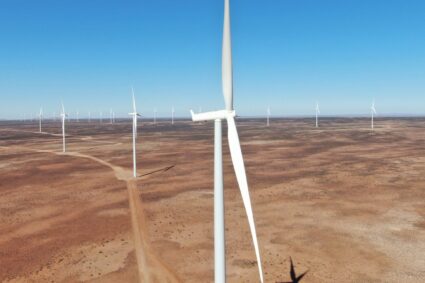
Ethiopia has unveiled a comprehensive suite of incentives to drive the adoption of electric vehicles (EVs) as part of its broader transition to sustainable mobility. A draft national strategy for EV expansion, developed by the Ministry of Transport and Logistics, is set to be implemented following stakeholder consultations.
State Minister Bareo Hassen underscored the government’s commitment to fostering an ecosystem conducive to EV importation, production, and assembly. The strategy aims to bolster infrastructure for EVs, targeting a transition from fossil fuel-reliant vehicles to cleaner alternatives. With over 100,000 EVs already in use, Ethiopia seeks to increase this figure to 500,000 within a decade.


In support of private investment, the government is offering incentives, including land provisions for EV after-sales services and public charging stations. Additionally, earlier measures banned the importation of gasoline and diesel vehicles, reflecting the nation’s green ambitions.
Ethiopia’s reliance on renewable energy sources, particularly its abundant hydropower, complements its EV goals. Chinese automaker BYD’s recent entry into the market, alongside collaborations with Ethiopian companies such as Belayneh Kindie Metal Engineering Complex, further solidifies the nation’s trajectory towards clean energy solutions.
The transition to electric mobility is poised to mitigate environmental impacts, reduce dependency on imported fossil fuels, and harness Ethiopia’s renewable energy potential, fostering economic resilience and sustainability.


